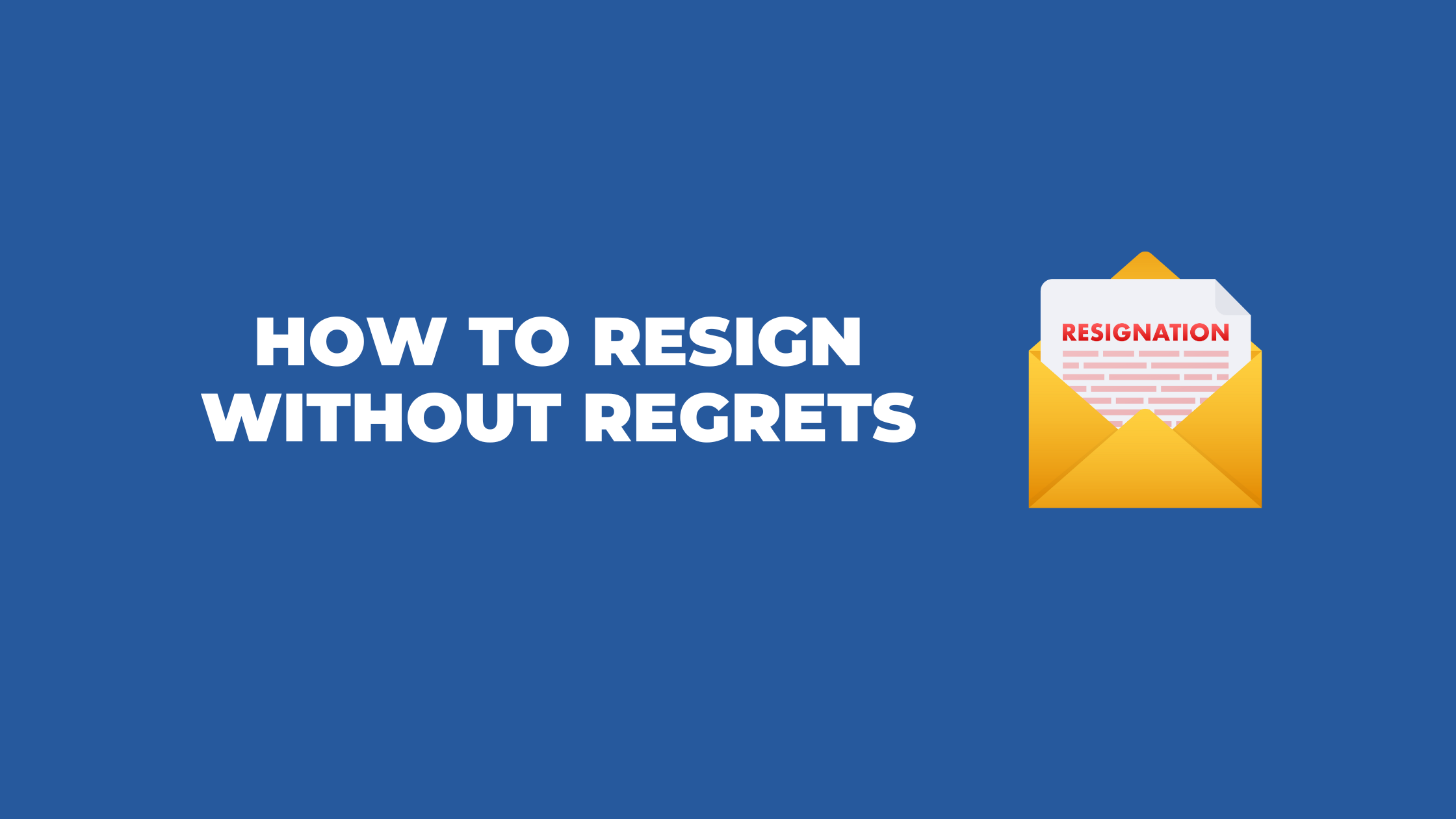This week at Career Recruiters Inc., we’re talking about something everyone faces at some point—leaving a job. Gone are the days when people stayed with the same company for decades. But while changing jobs is becoming more common these days, how you leave still matters. Here’s how to make your exit smooth—even when things get tricky.
Should You Talk to Your Manager First?
It depends on the circumstances. If you’re on the fence, a conversation with your manager can help. You may like your company but see better growth elsewhere. Sometimes, this leads to better opportunities where you are. If you’re set on leaving, a heads-up keeps things professional.
What If You’re Leaving a Difficult Work Environment?
Not every job ends on a high note. If you’re dealing with a difficult boss or a toxic workplace, it’s still best to stay professional and leave on good terms. Keep your conversations neutral, don’t badmouth the company and focus on your next steps.
What Should You Include in Your Resignation Letter?
Keep it short and positive. Thank the company for the experience, state your last working day, and keep it professional. Even if you’re leaving because of a bad situation, a resignation letter isn’t the place to vent.
How Much Notice Should You Give?
The standard is two weeks, but in specialized or senior roles, more notice is often needed. The higher your level, the harder it is to find a replacement, so ample time helps ensure a smooth transition. Leaving too suddenly can put your team in a tough spot and might hurt your reputation down the road.
Should You Keep Working Hard Until Your Last Day?
People will remember how you left. It might be tempting to mentally check out, but finishing strong shows professionalism. Wrap up your work, document anything your replacement will need and help with the handover process.
Should You Stay in Touch After You Leave?
Even if you’re ready to move on, it’s still a good idea to connect with colleagues on LinkedIn and check in occasionally. You never know when a past connection could lead to a new opportunity—or when you might want to return down the line.
Should You Accept a Counteroffer?
Getting a counteroffer can be tempting, but ask yourself—why were you planning to leave in the first place? Many counteroffers are a kneejerk reaction to an urgent need to retain talent rather than a thoughtful effort to improve your experience. More money won’t necessarily fix underlying issues, and many people who accept counteroffers still end up leaving in the end.
READ: Counteroffers are they worth it?
Leaving a job is a big step, but handling it professionally—even in tough situations—can set you up for success down the road. Whether you stay somewhere for two years or ten, leaving the right way ensures you keep doors open for the future.






